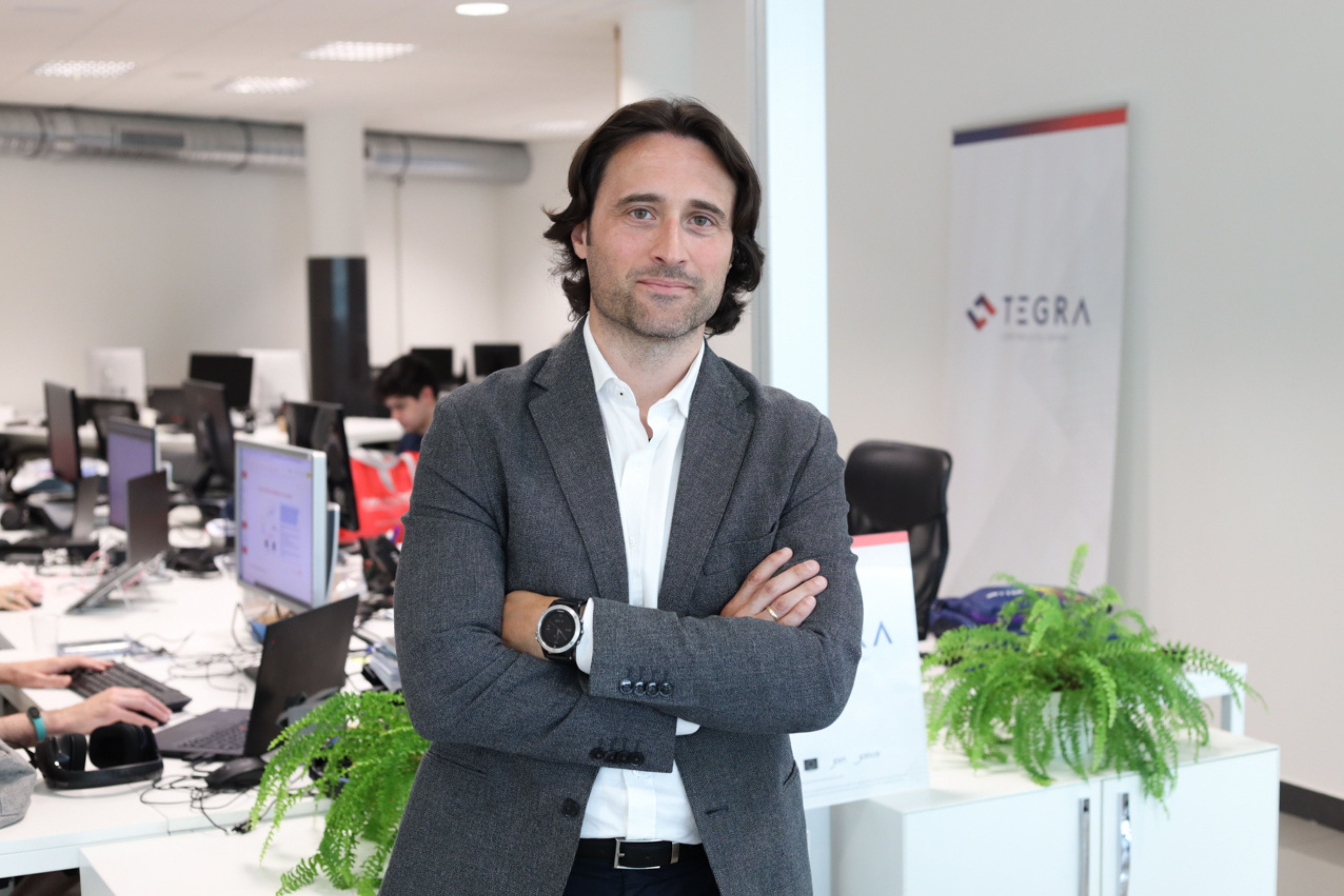
Latest information

Interview with Luis Perez Freire, General Manager of Gradiant
Luis Pérez is a Telecommunications Engineer and holds a PhD in Telecommunications Engineering from the University of Vigo. In 2009, he joined Gradiant to promote the creation and consolidation of a new technical department in the field of multimedia processing and security
From 2011, he held the position of Technical Director of the Multimodal Information Area until 2014, when he was named the Center's Director of Innovation. Since 2015, he has been the General Manager of Gradiant, a digital innovation agent of reference in the Galician R&D&I System.
What is Galicia's position in innovation and research?
According to the official statistics of the European Union, such as the Regional Innovation Scoreboard, as a region we are classified as a "moderate innovator", which in recent years has improved its indicators by a considerable proportion. In some indicators, such as the proportion of the population with a university education, we are well above the European average. In international scientific co-publications or in the ratios of most cited scientific publications, we are at comparable levels. It is in aspects such as business R&D expenditure or product innovation where we have the greatest room for improvement and where we must continue to concentrate our greatest efforts.
What are the conditions for this?
We have seven technology centres that are recognised by the Ministry of Science and Innovation, which in the first two editions of the national Cervera programme have demonstrated significant leadership in their respective technological areas of specialisation, as well as a highly significant track record in attracting European funds.
The Administration's support for boosting R&D and business innovation is also highly relevant. Galicia is one of the most advanced European regions in the implementation of public procurement of innovation programmes.
In business, the trend is towards increasing the weight of innovative activity. We have some "hidden champions" who are a global point of reference in their sector thanks to their constant R&D efforts.
What are the technological challenges facing companies?
Digitalisation and sustainability. At Gradiant, we focus our efforts on helping companies take advantage of the benefits of digitalisation to become more competitive and, although we are working with companies from more and more different sectors, our typical client remains ICT companies that wish to develop new innovative products and services. More than 70% of our clients are SMEs.
How does Gradiant help to meet these challenges?
We provide deep technological expertise in three main areas: connectivity, intelligence and cybersecurity. The innovative developments we provide companies with are often based on advanced technologies that we have been developing internally for years. We also provide specialised technological advice and accompany them in national and international R&D programmes that allow them to obtain more resources. In our role as a technology centre, it is essential to position ourselves at the forefront of cutting-edge technologies, such as quantum technologies, to facilitate their uptake by companies.
What opportunities do 5G connectivity, artificial intelligence and cybersecurity present?
We strongly believe that the great opportunity for the national ICT industry lies in the development of new products and services on the new 5G networks, which respond to the needs of the companies of the future.
Currently, the greatest demand is in the field of artificial intelligence, derived from the interest shown in optimising processes and the need to extract as much value as possible from the available data. Furthermore, we are already working on projects with companies to provide data reliability or privacy guarantees, towards a "reliable AI".
As for cybersecurity, it cannot be left out of any project for digitalisation. It is not only about detecting and responding to cyber-attacks, but has many other dimensions, such as digital identity or the secure development of systems.
What are the results of the 5G technology laboratory and the launch of the Tegra cybersecurity centre, initiatives that count on cooperation from the Xunta de Galicia?
The 5G laboratory, created in 2020, has already generated R&D projects in partnership with several companies, and has served to attract new internal projects with which to continue to deepen our specialisation. The short-term objective is for the laboratory to continue to grow in infrastructures, incorporating capabilities in cybersecurity and quantum sensing. We are also looking to grow with partners such as the University of Vigo, with whom we have signed a cooperation agreement for joint research in 5G.
As for Tegra, it was established as a joint venture with Telefónica in 2017 and since then has been a benchmark in the development of innovative products and services in the field of corporate information security and protection against digital fraud, covering identity technologies, data analysis and document security.
What role does Gradiant play in the Galician Aerospace Hub, which has been promoted by the regional administration with the help of driving companies and which contributes to generate new opportunities in the Galician business ecosystem and in the technological centres?
At Gradiant, we are proud to have been involved in the Aerospace Hub since its inception. We have been contractors for all the major industrial partners that the Hub has managed to attract so far, maturing with them connectivity and artificial intelligence technologies.
The Hub's first phase has helped position Galicia on the aerospace innovation map. We now hope that it will help to consolidate the Galician value chain in a decisive way and clearly position us as a specialised pole in an industrial field that is still emerging, in line with the "innovation valleys" promoted by the new European Innovation Agenda. This will result in attracting investment, highly qualified technological employment and the generation of wealth for Galicia.